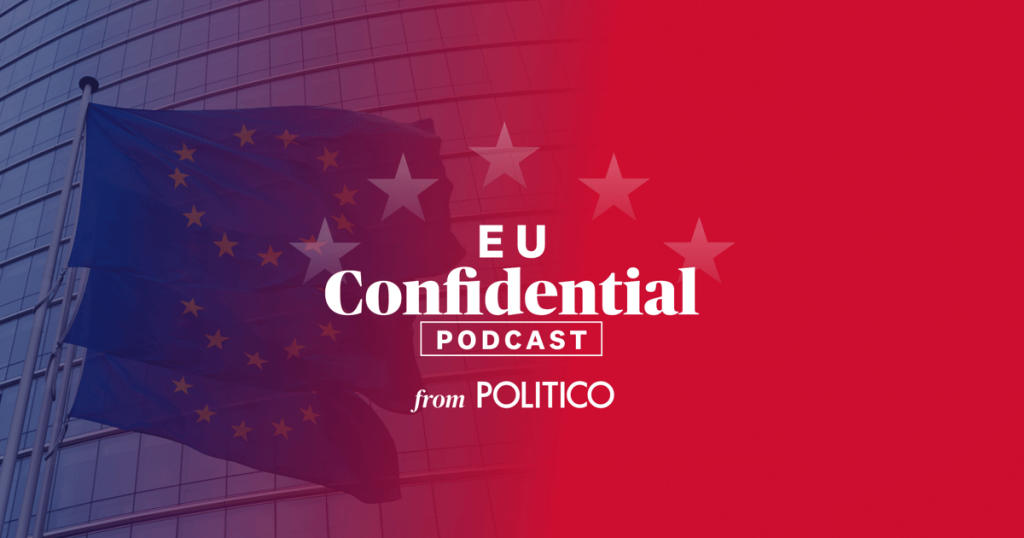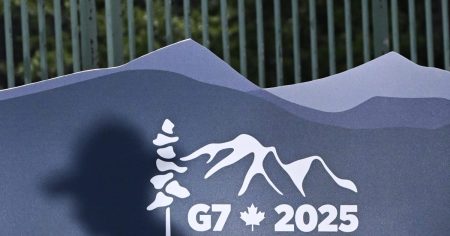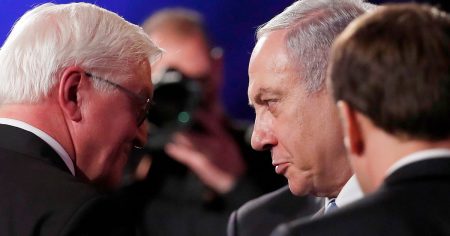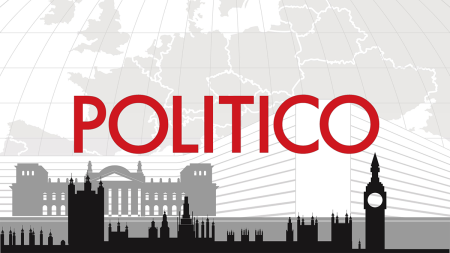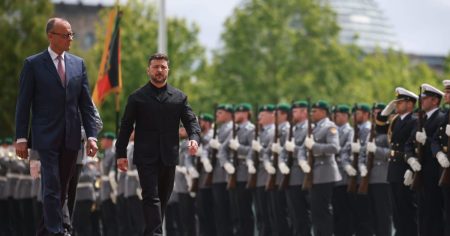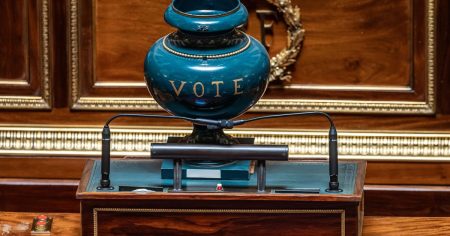In a recent series of confirmation hearings, the European Parliament put prospective new commissioners to the test across 26 sessions that accumulated over 72 hours of inquiries and deliberations. However, despite the exhaustive questioning, it became starkly evident that political dynamics overshadowed substantive policy discussions. The hearings, rather than serving as a platform to resolve pressing issues facing the EU, appeared more as a theatrical spectacle driven by partisan interests, revealing deep divisions among Members of the European Parliament (MEPs). The discourse often devolved into exchanges that lacked focus on the critical policy implications at stake, ending with little impact on the formation of future EU leadership.
POLITICO’s EU Confidential podcast, hosted by Sarah Wheaton, provided an insightful breakdown of these hearings with contributions from several senior policy journalists, including Aitor Hernández-Morales, Josh Posaner, Eddy Wax, and Aoife White. The panel highlighted the stark contrast between the political theater presented by MEPs and the essential policy discussions that should have taken precedence. Their analysis revealed how the hearings could affect broader EU priorities and strategic focus, especially in light of potential shifts in the political landscape, particularly keeping in mind a possible re-election of Donald Trump.
As the panel discussion progressed, attention turned toward how Europe is preparing itself for another Trump administration. With the prospect of a second presidency raising concerns across the continent, the journalists speculated about how such a reality could modify the EU’s approach to transatlantic relations and policy-making. There was a palpable tension regarding how alliances might shift within the European Parliament, particularly with an increase in right-leaning factions, and potential implications for EU governance. These rising political alliances may lead to a recalibration of the EU’s priorities, affecting everything from climate policy to defense strategies.
Furthermore, the journalists provided insights into which EU priorities might likely evolve in the face of a changing political environment. It was noted that the influence of new alliances could bring about significant policy shifts in response to contemporary challenges. The implications of these changes are far-reaching; they touch on pressing issues like the EU’s market competition policies and defense mechanisms. The panel’s commentary emphasized the necessity for the EU to reinforce its strategic coherence and collective action while managing internal divisions that threaten its unity and resolve.
In addition to the Eurocentric discussions of the confirmation hearings, Wheaton encouraged listeners to tune into the latest episode of the sister podcast, Power Play. This week’s episode features a conversation with Ali Zaidi, the White House National Climate Advisor, discussing the potential repercussions for the Biden administration’s climate agenda should Trump regain the presidency. This timely dialogue underscores the interconnectedness of political shifts in the U.S. and their ramifications for global climate efforts, particularly within the EU.
Ultimately, while the confirmation hearings presented an opportunity for in-depth scrutiny of prospective commissioners, they largely fell short of fostering a constructive dialogue on policy. The findings highlight a concerning trend whereby political maneuvering eclipses pressing policy discussions, leaving critical societal issues vulnerable to neglect. As Europe navigates an increasingly complex geopolitical landscape, the urgency for cohesive strategies among its leadership becomes more crucial than ever.




